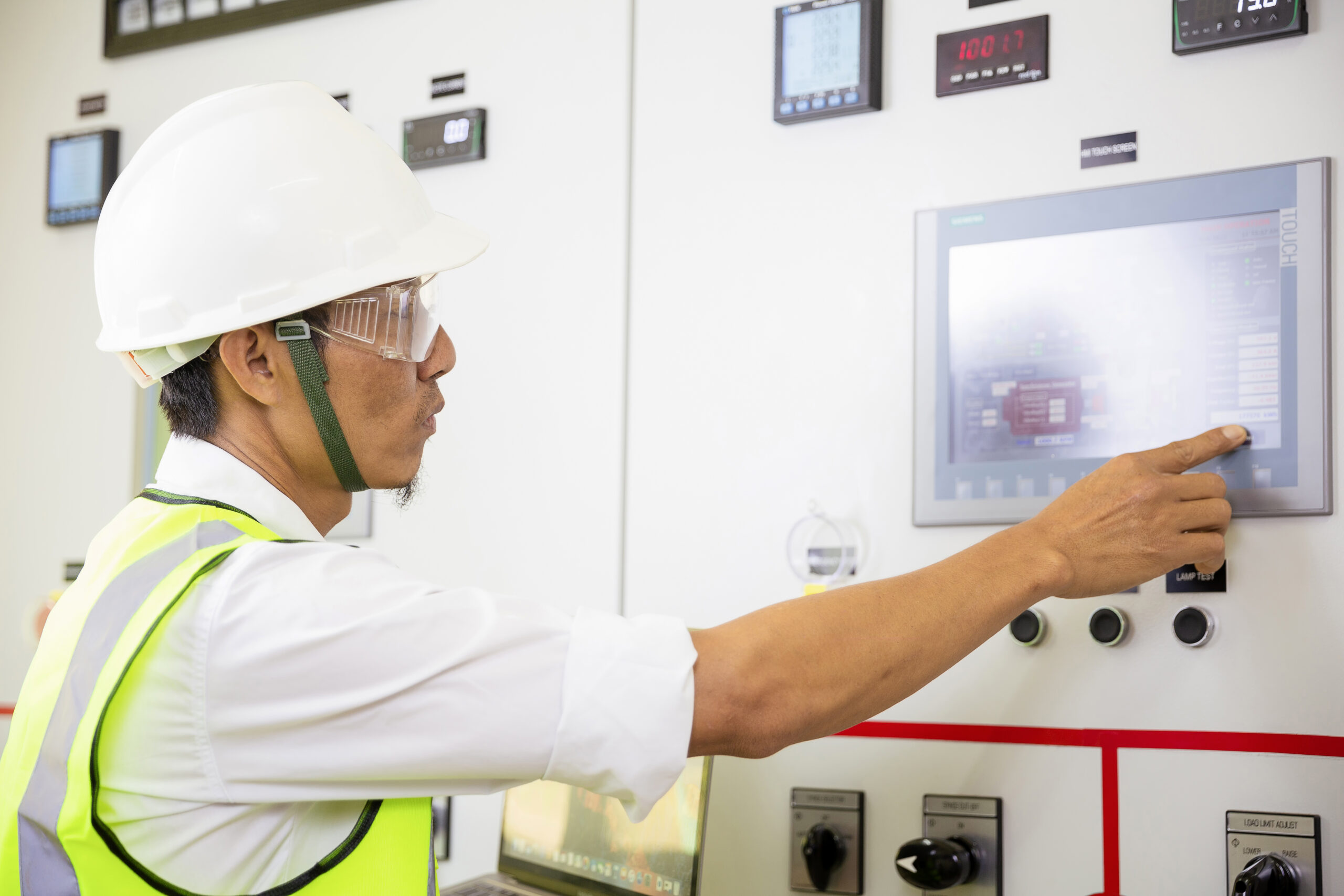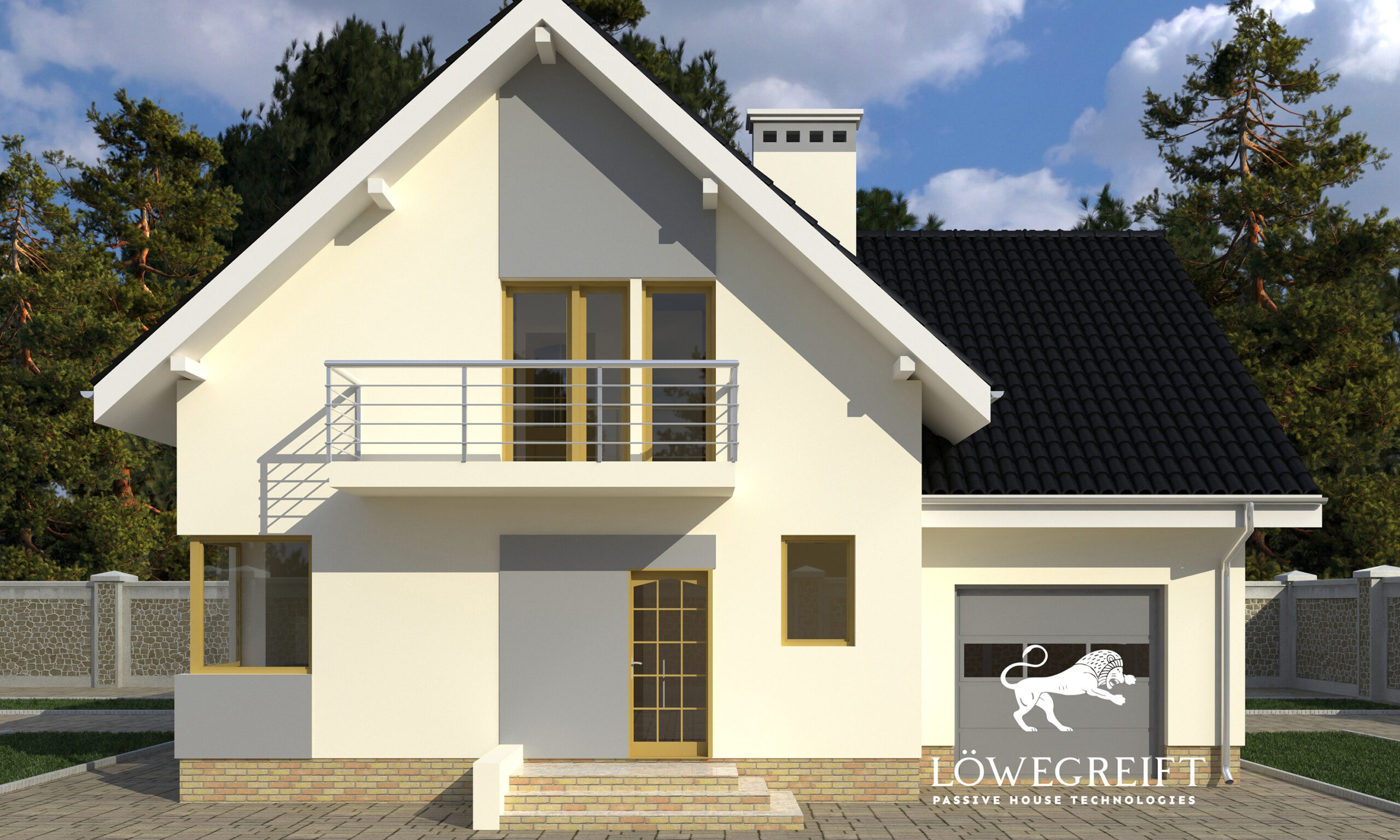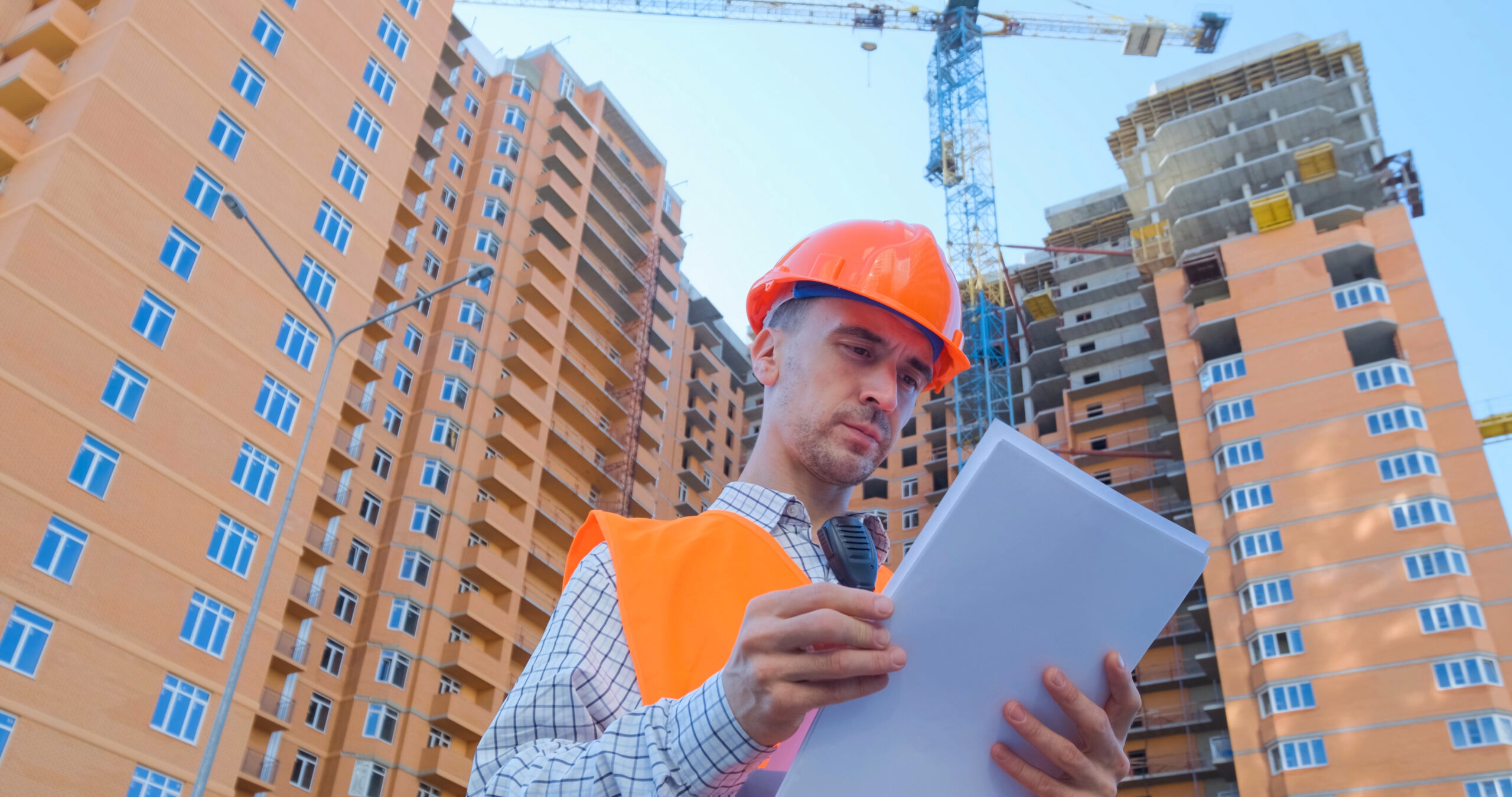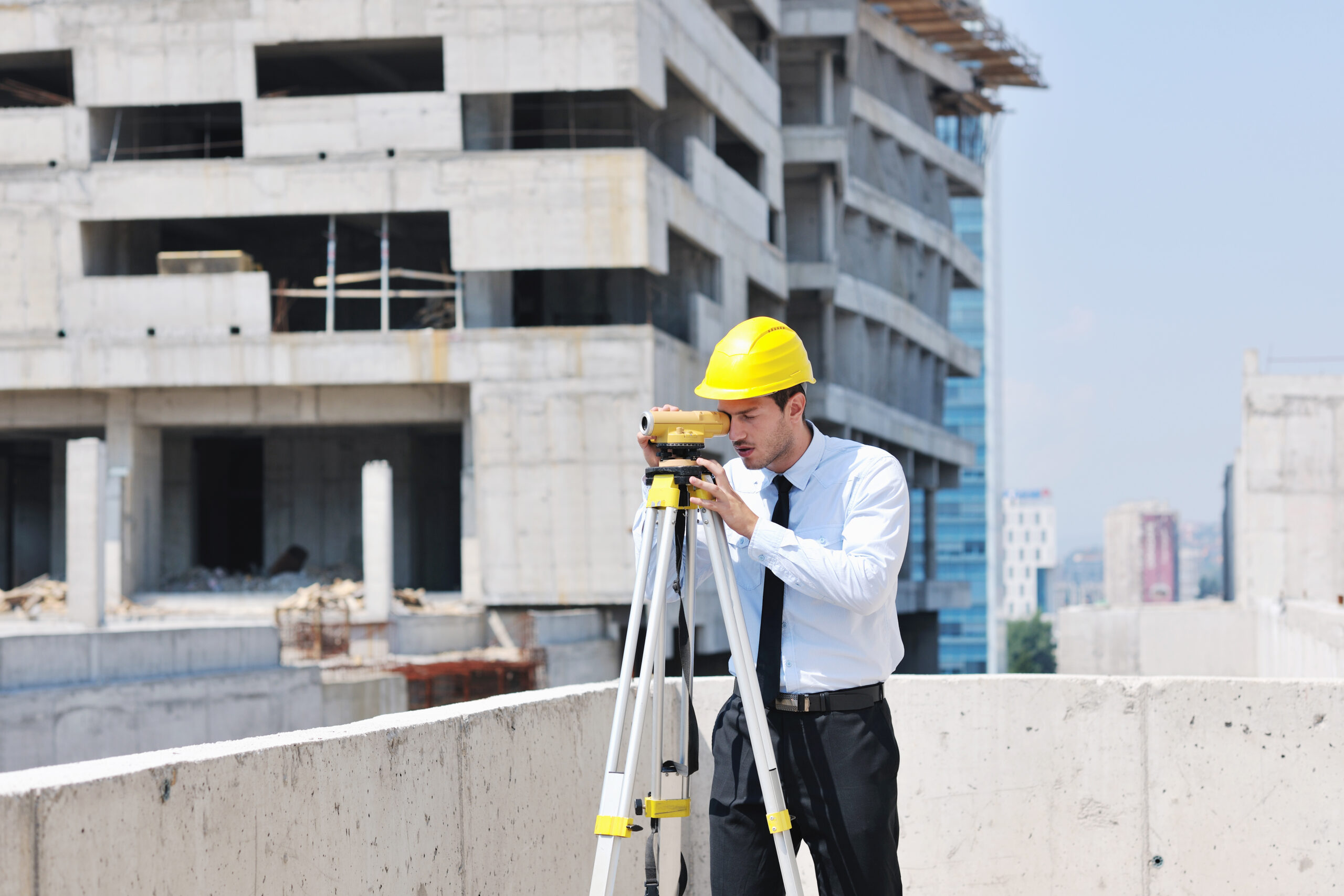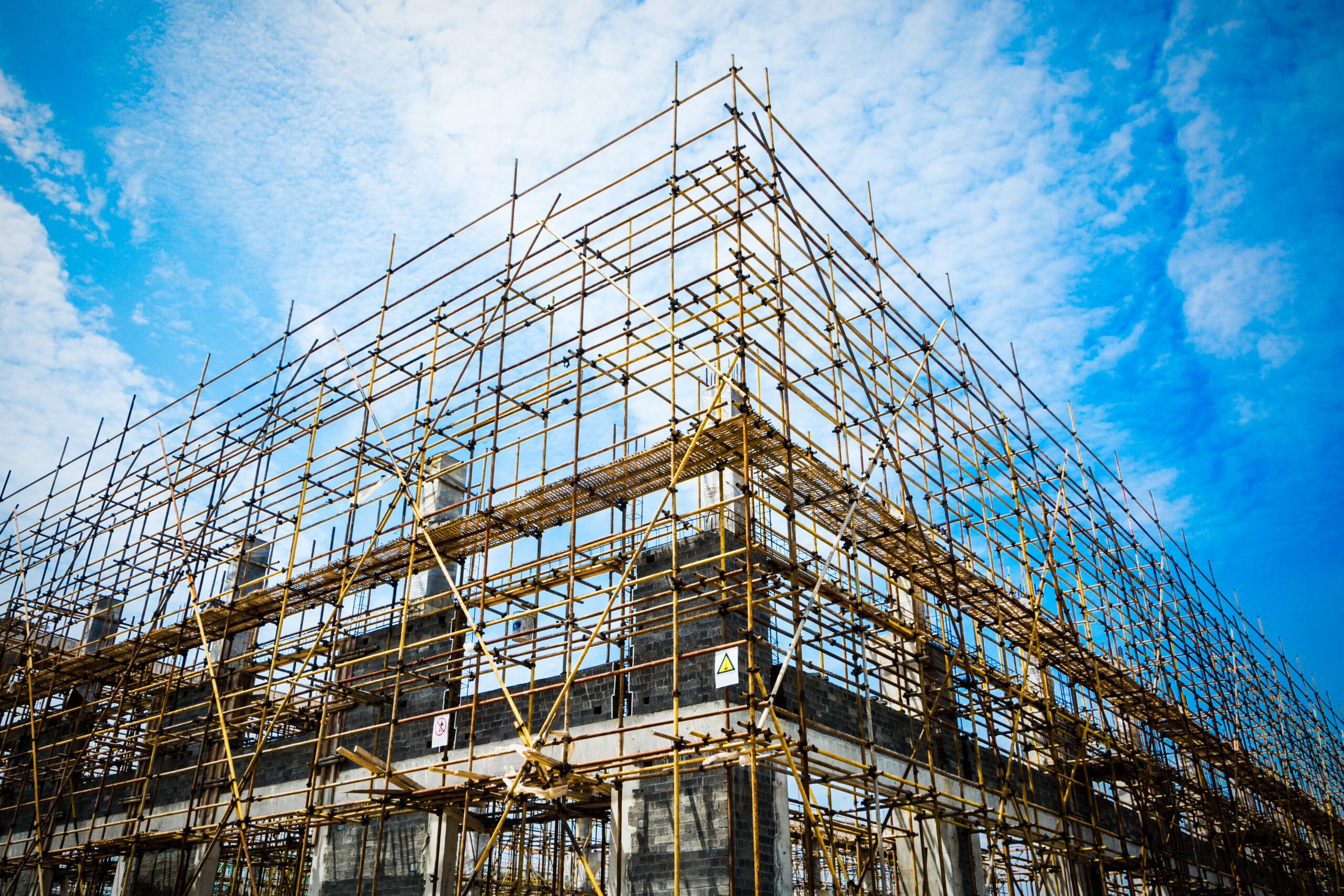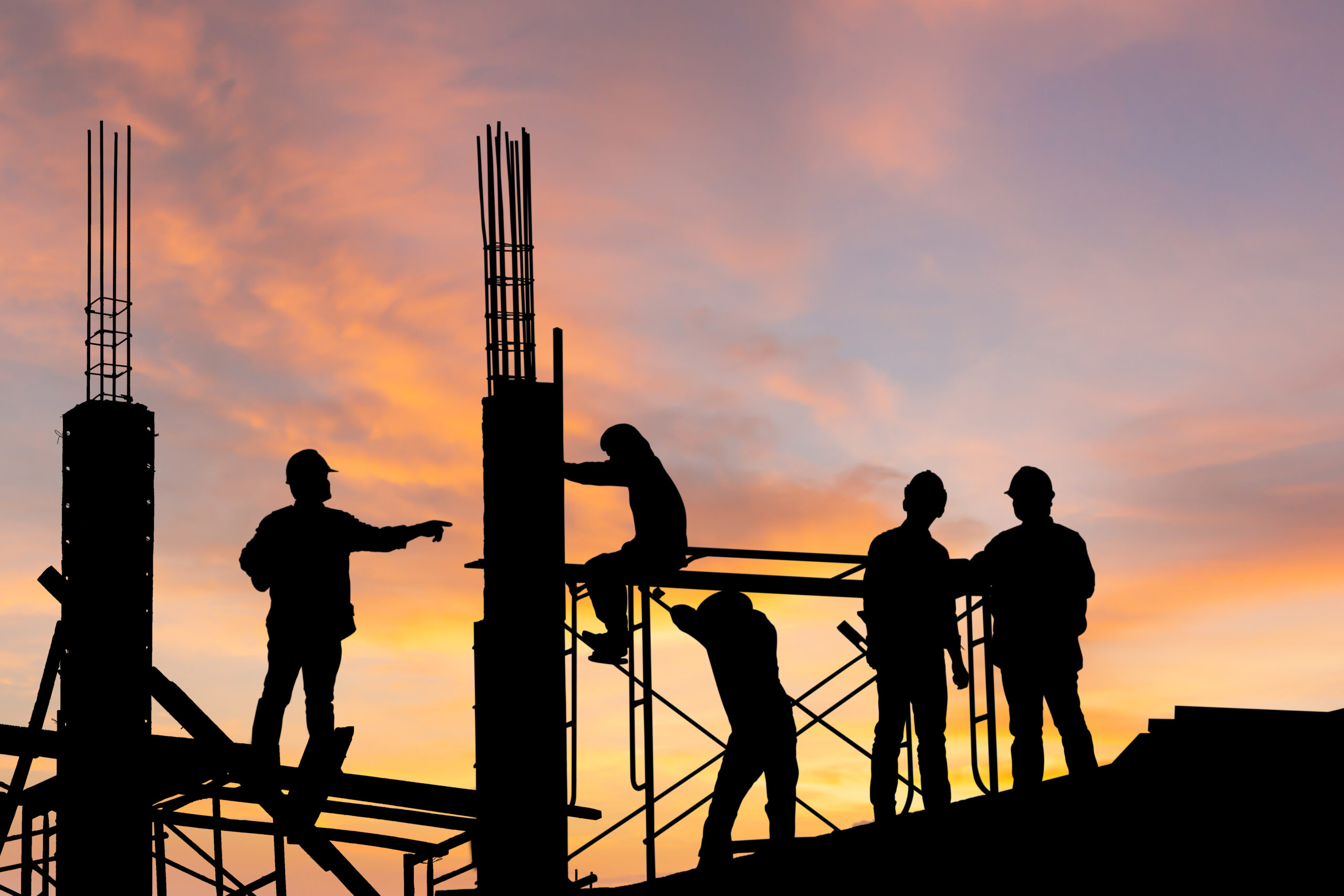Facade Systems and Energy Efficiency in Europe
European buildings have been undergoing a massive renovation process over the last few years. One of the biggest changes is the introduction of thermally insulated facade systems. This technology helps improve the energy efficiency of buildings, which is becoming increasingly important in an ever-changing environment. In this blog post, we’ll explore why thermally isolated facade systems are key elements of building renovation throughout Europe and how they will shape the future of energy efficiency.
What are thermally isolated facade systems?
Thermally isolated facade systems provide insulation to prevent heat from escaping through walls or windows. This allows for more efficient heating and cooling inside a building as well as improved soundproofing from outside noise. The material used for insulation can vary greatly depending on the project, but it generally consists of a layer of foam between two sheets of metal or plastic that is then covered by cladding or siding.
The Benefits of Thermally Isolated Facades
The primary benefit of thermally isolated facades is that it makes buildings more energy efficient. This not only reduces energy bills but also helps to reduce carbon emissions and other pollutants associated with burning fossil fuels for heat and electricity. Additionally, these facades can help improve indoor air quality by reducing mold growth and improving ventilation due to increased thermal control within the building envelope. Other benefits include better soundproofing, reduced maintenance costs due to less wear on window frames and doors, as well as increased aesthetic appeal due to attractive finishes available with many types of cladding materials.
The Role Of Energy Efficiency In The Future Of Buildings
Thermally insulated facades are just one way that European buildings are becoming more energy efficient and eco-friendly, but it’s a crucial one as it directly affects how much heat escapes from a building’s envelope into the environment. As climate change becomes an ever-increasing concern around the world, energy efficiency will continue to play an important role in both new construction projects and renovations alike. It’s likely that regulations regarding insulation levels will become stricter in order to reduce emissions further, making thermally isolated facades an essential element for any building project in Europe going forward.
As environmental regulations become stricter and people become more aware of their impact on climate change, energy efficiency will continue to be a priority when renovating buildings throughout Europe—and thermally isolated facade systems will be key elements in achieving this goal. These systems can help reduce emissions while also providing other benefits such as improved soundproofing, reduced maintenance costs, and increased aesthetic appeal. With all these advantages combined together, it’s no wonder why thermally insulated facades are becoming more popular every day!
